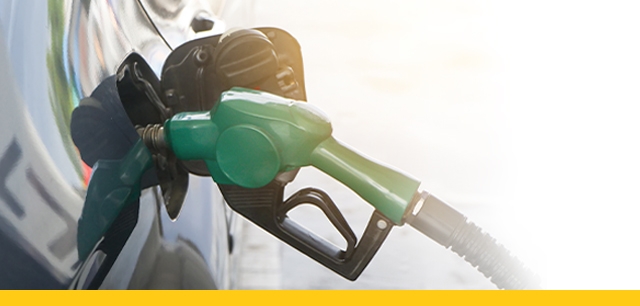Association again urges Minister not to increase fuel levies.
As it has done in previous years, the Automobile Association (AA) is again urging the Minister of Finance, Mr Tito Mboweni, not to increase fuel levies when he delivers his Budget Speech to Parliament on 24 February. Any increases announced by Minister Mboweni on Wednesday come into effect in April.
“We also again acknowledge that the Minister is faced with a difficult task as he outlines priorities for the next year. South Africa’s fragile economy, which has been dealt a further massive blow by the impact of COVID-19, is in a dire state with many millions of South Africans in worse financial positions than they were this time last year. Minister Mboweni will have to carefully balance the needs of government with the ability of citizens to fund those needs,” says the AA.
The Association says it is acutely aware that the fiscal relief needed to ease the country’s financial burden must come from various quarters, including citizens. This position has been exacerbated by the reduction in tax revenue as a result of the tobacco and alcohol bans, and the reduction in fuel taxes because people are using their vehicles less. However, the AA believes that any adjustments to the fuel levies will add another layer of financial demand on consumers who are already under heavy personal financial strain.
“A percentage increase – even one in line with inflation – may not seem onerous but combined with increases to other goods and services it will add up. South Africans are not only feeling the pinch right now, but they are feeling the bite, and an increase to the levies will add to their woes. In light of the financial devastation on businesses and individuals caused by COVID-19 we believe levy increases will be counter-productive and harmful,” says the Association.
There are two major taxes included in the fuel price – the General Fuel and Road Accident Fund levies – which together comprise between 37 and 42 percent on every litre of petrol and diesel sold in the country.
The General Fuel Levy (GFL) is currently pegged at R3,77 per litre of petrol and R3,63 per litre of diesel, while the Road Accident Fund levy (RAF) currently stands at R2,07 per litre for all fuel. Together they add up to R5,84 on every litre of petrol (just more than 37% of the total cost), and R5,70 on every litre of diesel (42% of total cost calculated against recommended resale price).
Neighbouring countries who buy fuel directly from South Africa do not add these taxes to their fuel pricing, making their fuels cheaper than it is in the country which supplies them.
“It is worth repeating that any increases to the fuel levies go hand-in-hand with increases to public transport fares – including taxis. Increases to the fuel levies also contribute to increased input costs of manufacturers, suppliers and the agricultural sector which are absorbed through increases passed on to consumers, many of whom cannot afford even slightest changes to their monthly budgets,” says the AA.
The Association adds that any tax increases must be viewed against the backdrop of current government spending, and that citizens are mindful of ongoing and systemic corruption, bailouts, increases to utility charges, and a bloated civil service. The AA notes that all of this is coming at a time when hundreds of thousands of people have either lost their jobs, or had their salaries or wages reduced, by companies facing severe financial strain because of COVID-19.
The AA says it would also like to remind the Minister that while jobs are scarce, people who are seeking employment – or who are low-income earners – are reliant on safe, affordable, and reliable transport in order to find and maintain those jobs. Any additional financial pressure on these citizens will invariably have a direct impact on employment, and by extension the greater economy.

